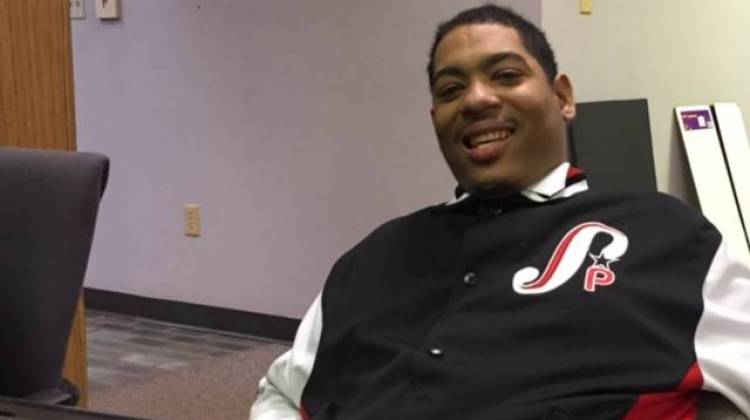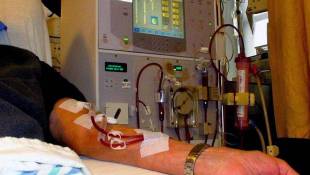INDIANAPOLIS -- As the discussion about Hoosiers facing mental health issues evolves, one problem is a lack of support systems. Clubhouse, is one such rehabilitation center that is working to reestablish Indiana Medicaid funding.
Circle City Clubhouse is on the west side of Indianapolis. It is a repurposed insurance headquarters. The building is set up like many community centers with a main room, kitchen, conference rooms, work out space and a library. No one spends the night here, and they don’t host formal support groups or therapy. Instead, they follow a code of standards.
Cluhouse member Sevella Perry says the group reads one section from it at every meeting.
"It says all work in the clubhouse is designed to help members gain self worth, purpose and confidence it is not intended to be job specific training," explained Perry.
Perry joined the group last April. She was 21 when she was diagnosed with undifferentiated schizophrenia. She’s been in and out of hospitals, clinics, classes.
"They give you medicine, they treat your diagnosis, the thing that they lack is a lot of compassion…. Are you going to commit suicide? Blah blah, well if you’re not call back the next day," Perry said.
Clubhouse uses a different model of rehabilitation. Members help each other with paper work, outreach and lead classes on things like music. These activities are designed to help them build confidence, independence and work on skill sets.
And internationally accredited clubhouses have recorded success helping people reenter the work force -- a 60 percent higher job placement outcome than similar programs without this accreditation.
Medicaid used to fund approximately 20 clubhouse like centers around Indiana but an internal study uncovered that many were operating drop-in programs and billing themselves as clubhouse, not following its evidence based practice. So, the state withdrew Medicaid funding for all of them.
Chuck Lynn remembers when his clubhouse closed.
"I didn’t know where to go… I stayed home all the time and didn’t do anything," Lynn said.
Almost immediately, Lynn and others around the state started working at a grassroots level to raise money to bring clubhouse back, or keep the doors open.
"Clubhouse is not a daycare, we have a work-ordered day that helps people get back to their lives," Lynn said.
Circle City Clubhouse Executive Director Jay Brubaker says the grassroots money is not enough. He says having Medicaid funding would allow them to help more people, and says the need for this type of help in Central Indiana alone is significant.
"We think that there’s probably the need for about 200-250 people that could go to clubhouse, which would mean that somewhere around 800-1000 people that could be active members," Brubaker said, "which means they have been to clubhouse sometime in the last 90 days."
Supporters say the clubhouse model, which costs about $3,500 per person annually, will lower costs in the long run by helping people like Ricky Edwards. He began working at a local cleaners last November, after going through the clubhouse transitional employment program.
At clubhouse, Edwards is also able to give music lessons to other members.
"I don’t give up on them because if they want to learn something… I take the time…," he said. "I don’t give up on you."
Indiana’s Medicaid agency has crafted a new code that will reimburse accredited clubhouses. Central Indiana Clubhouse is about halfway through the official process of becoming accredited. The Family and Social Services Administration cannot disclose the amount of Medicaid money accredited clubhouses will receive, but it has submitted the code changes and is awaiting approval.
 DONATE
DONATE









 View More Articles
View More Articles

 Support WFYI. We can't do it without you.
Support WFYI. We can't do it without you.